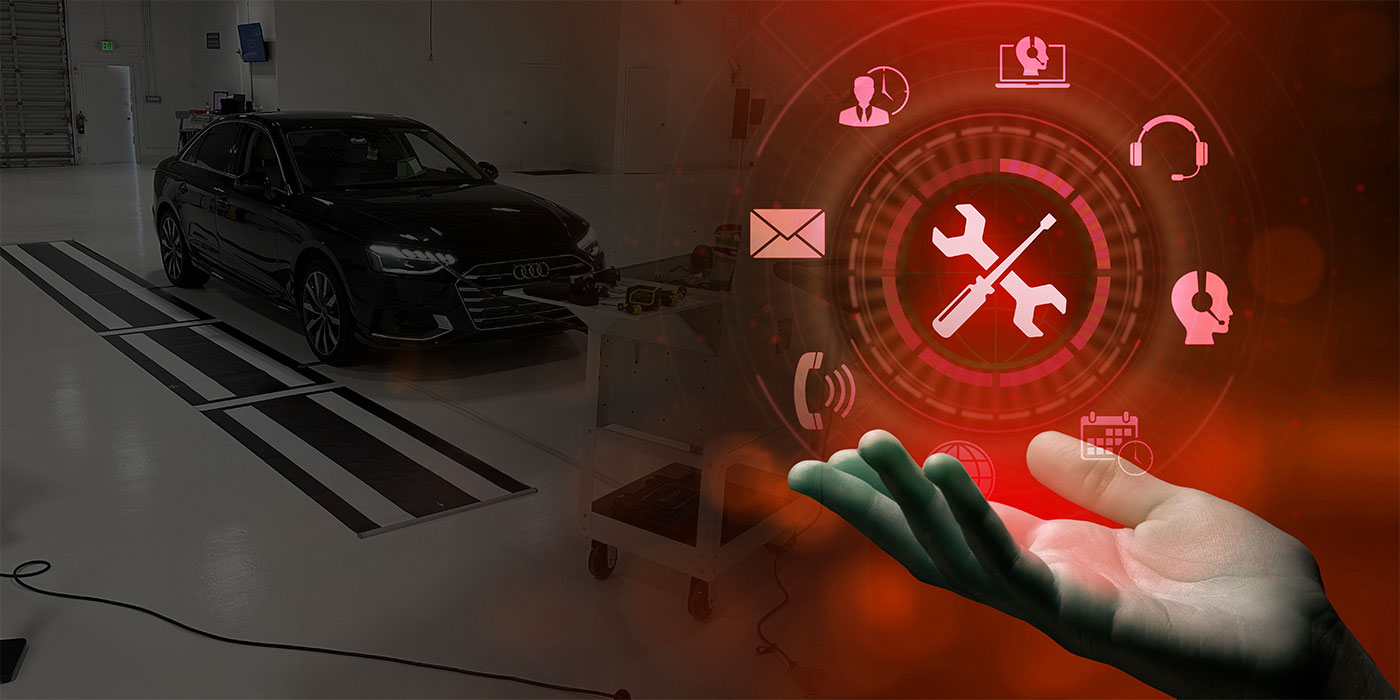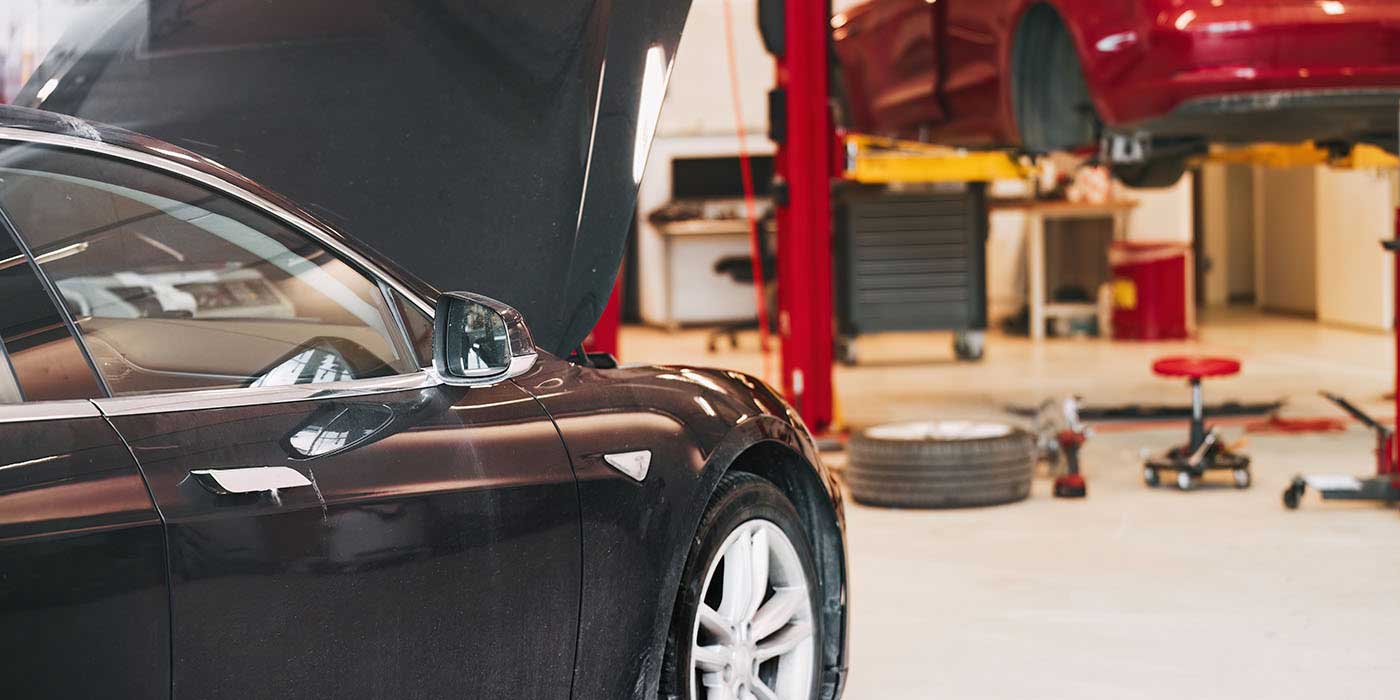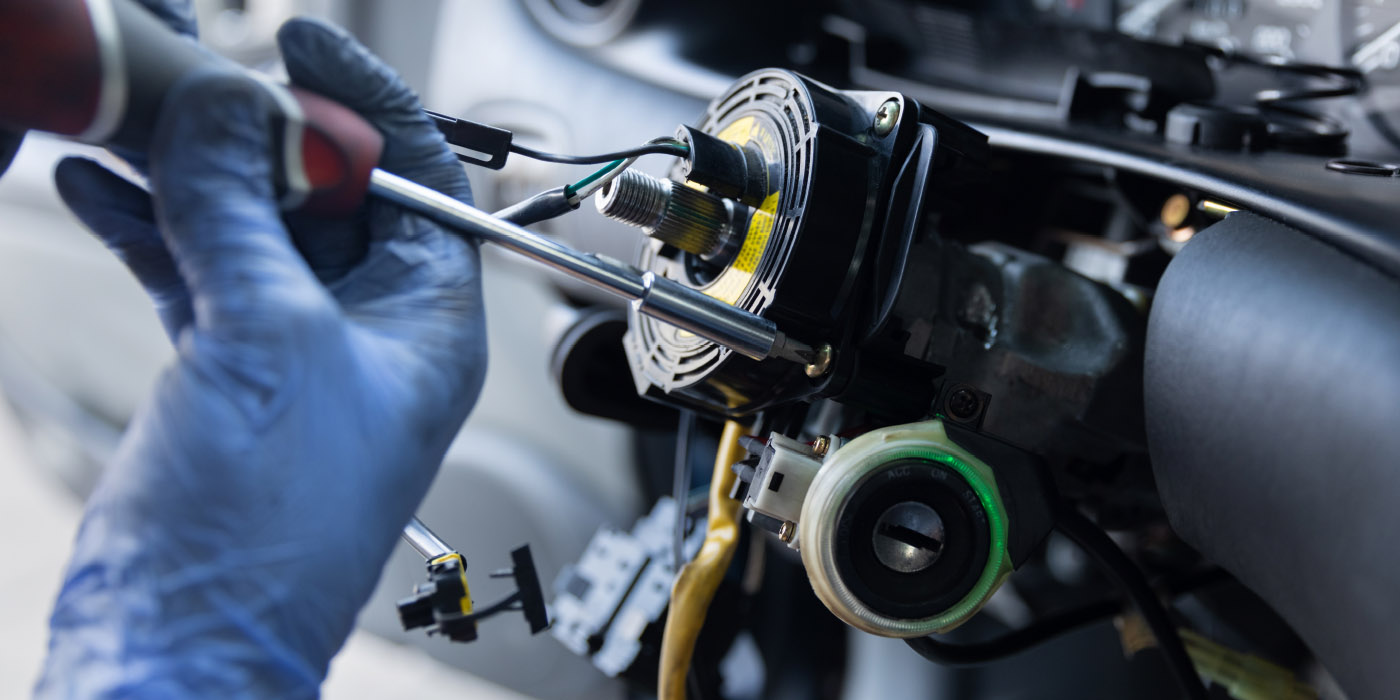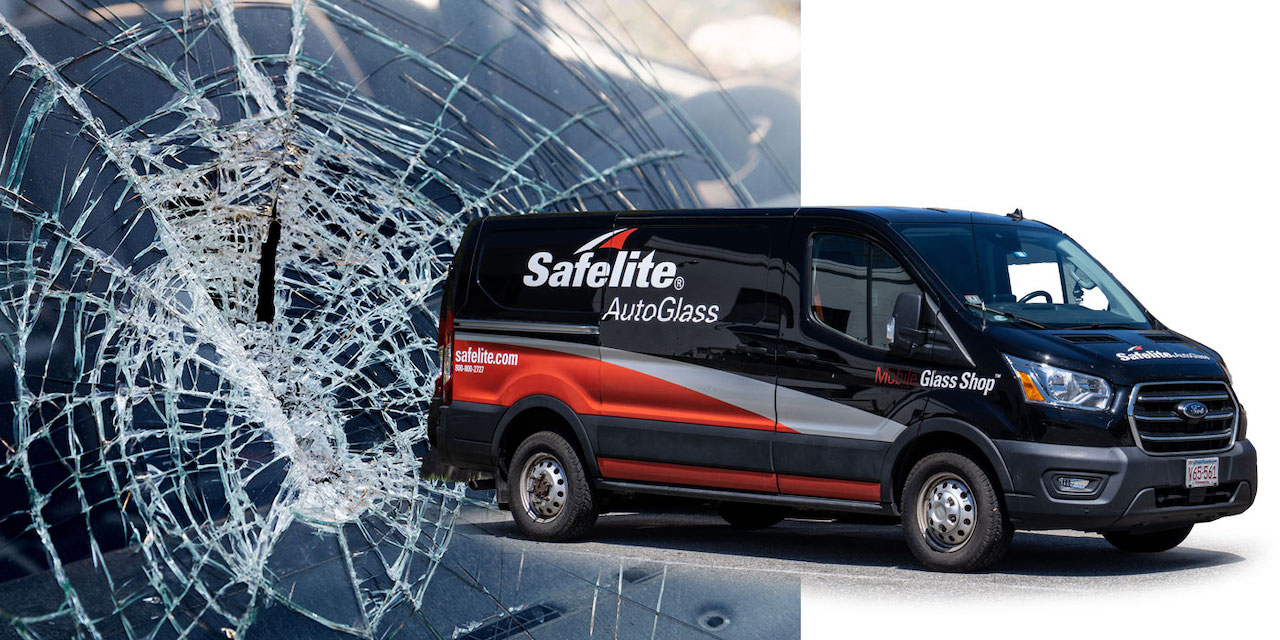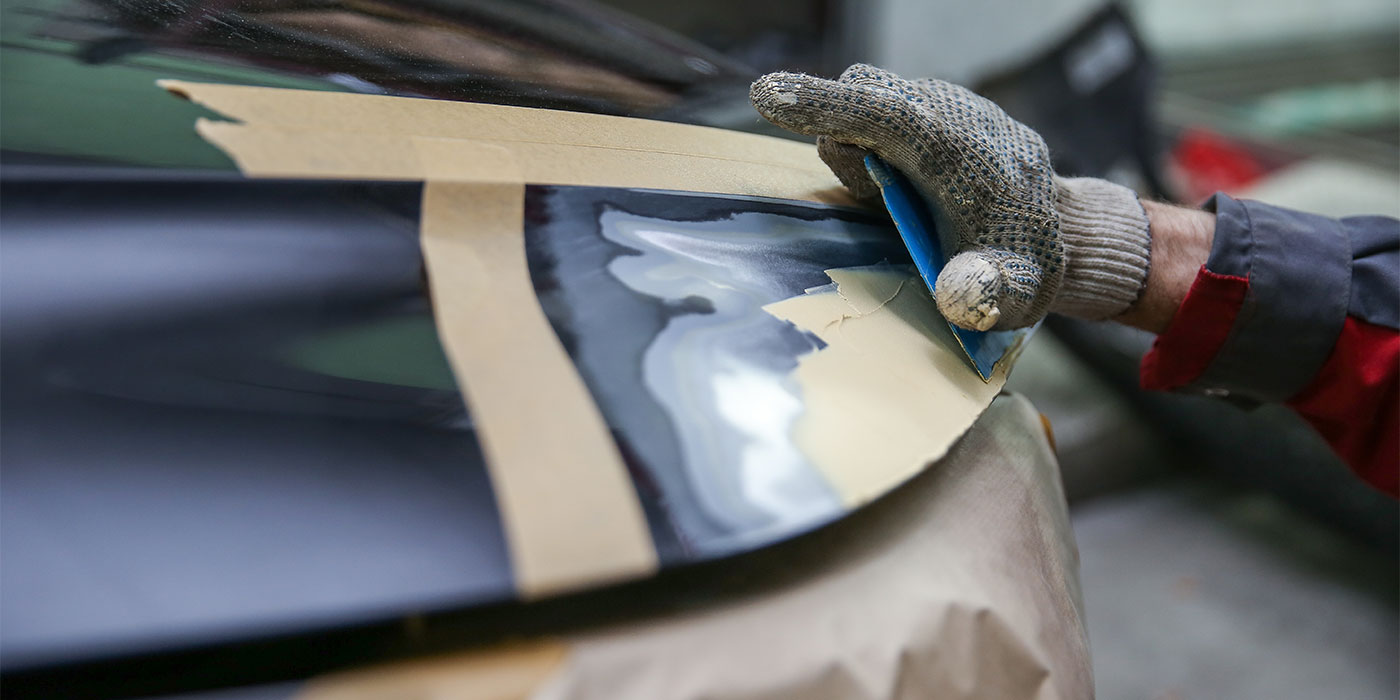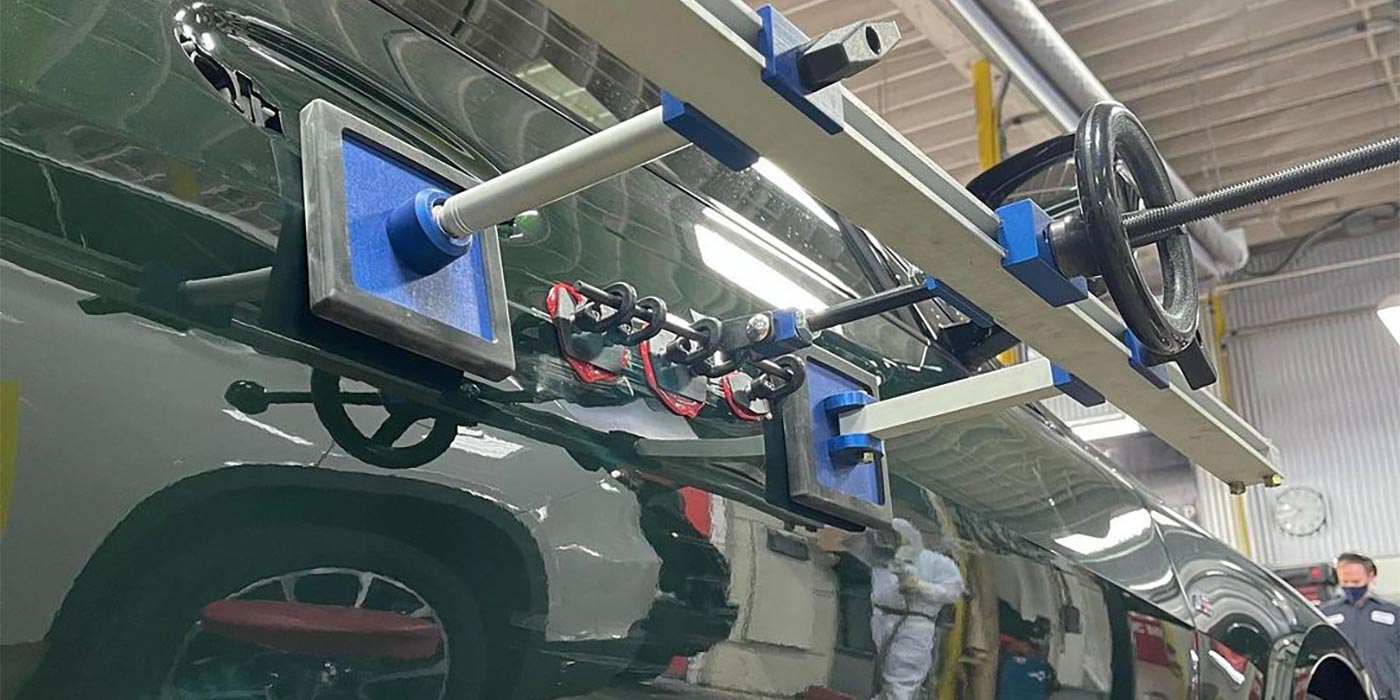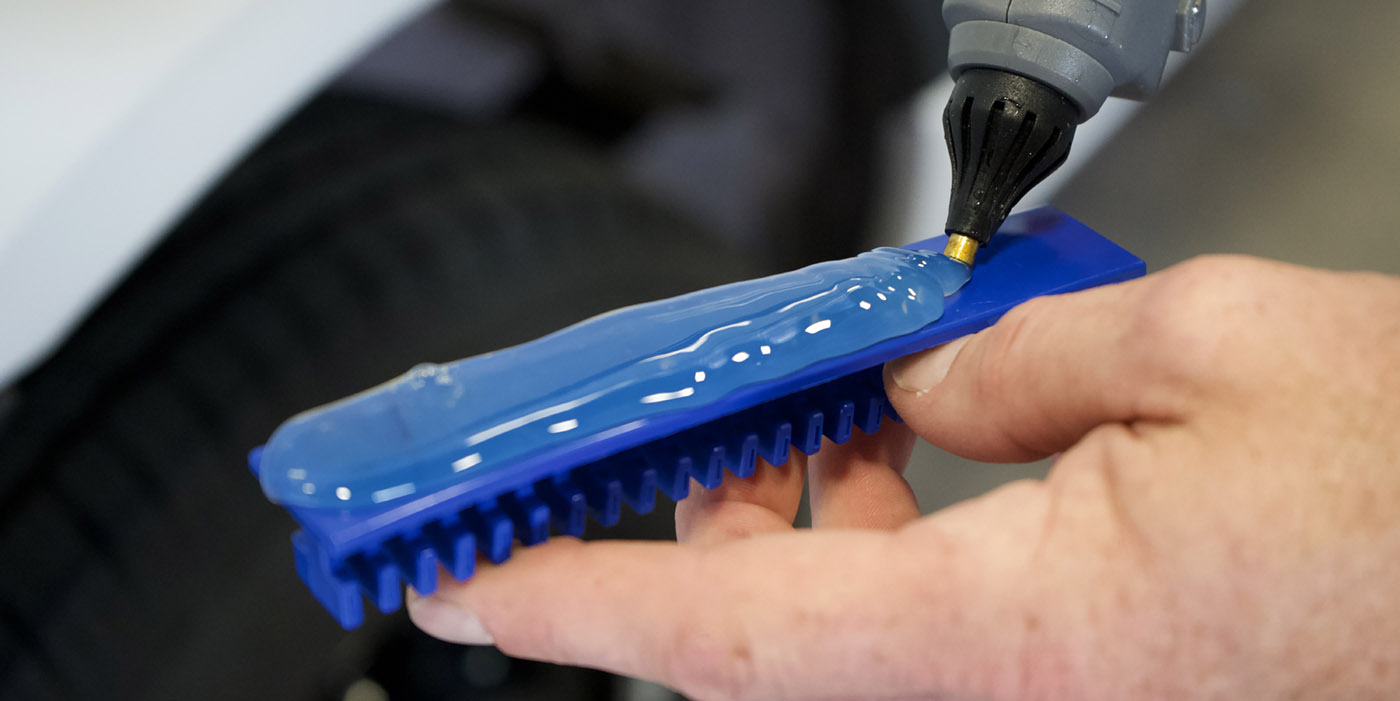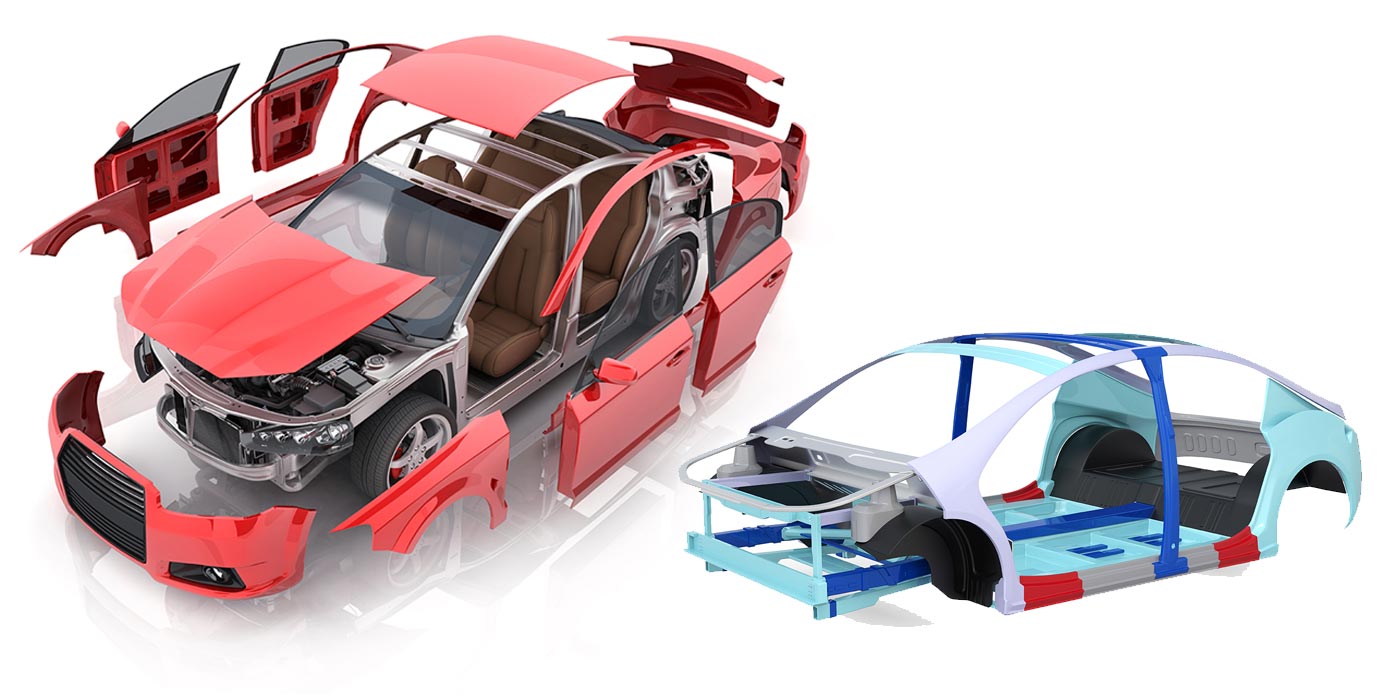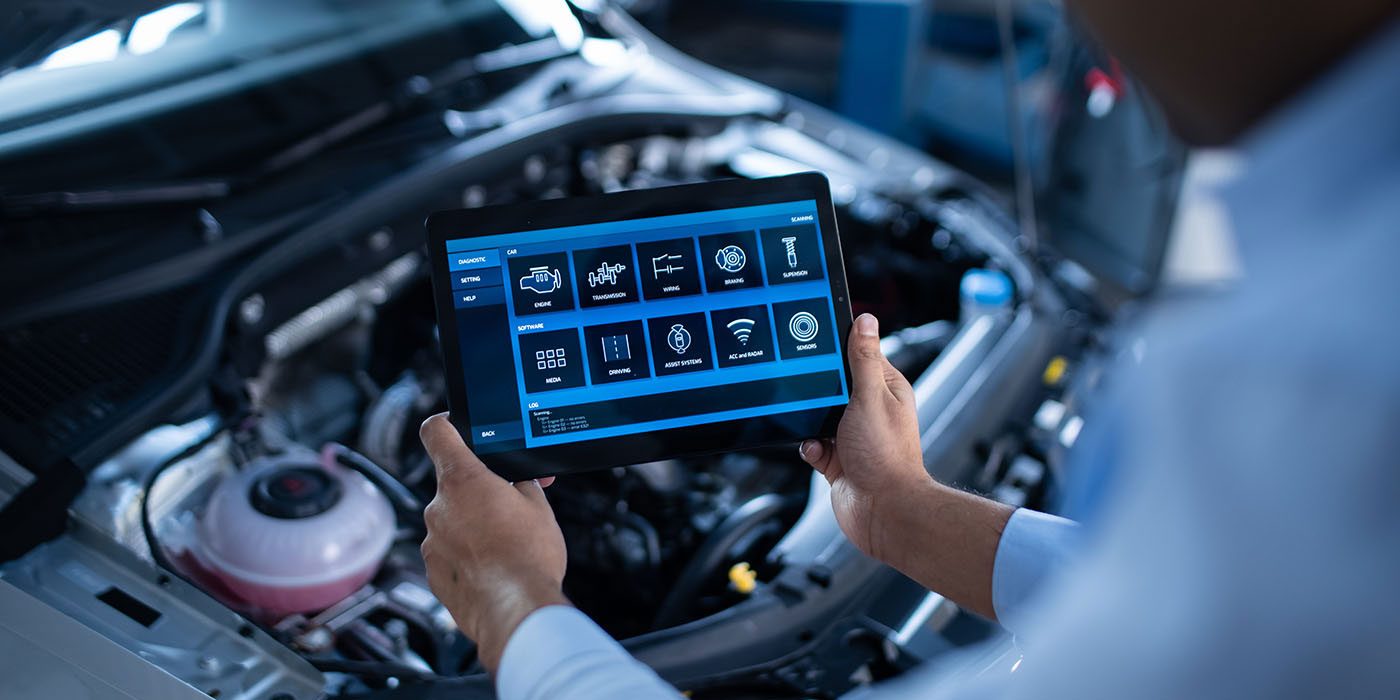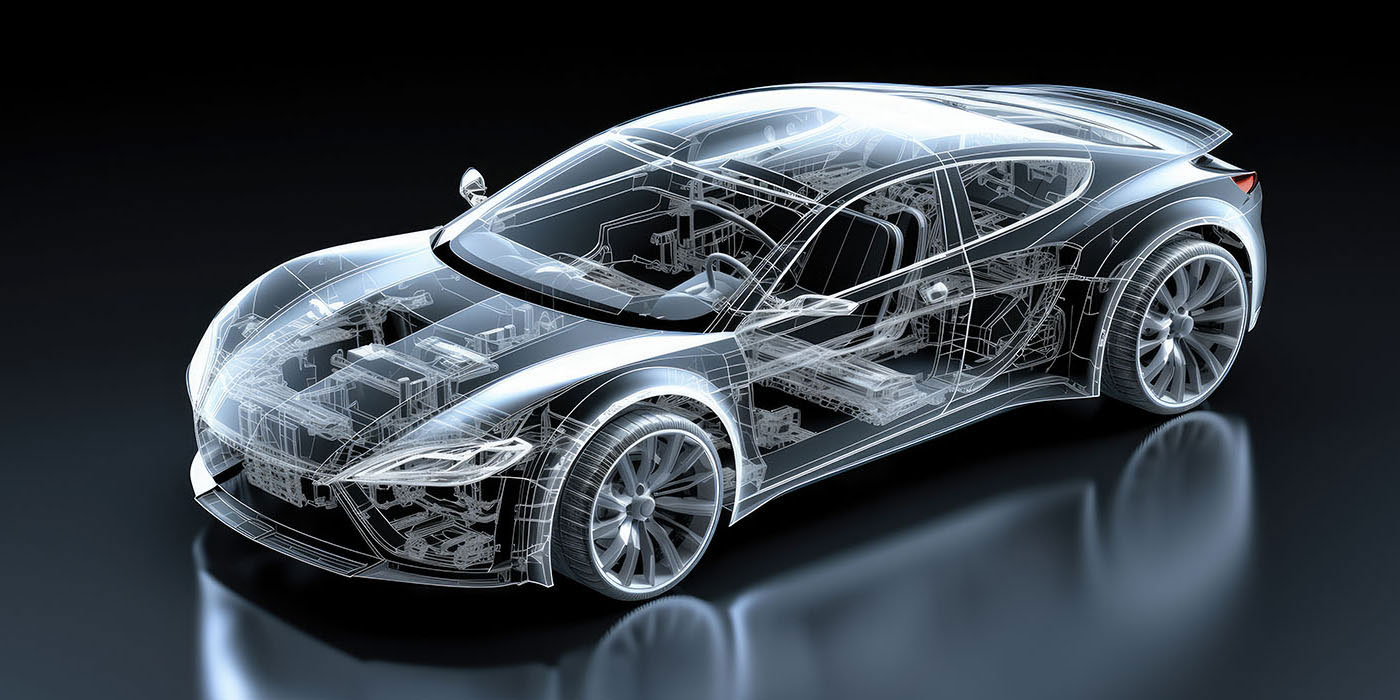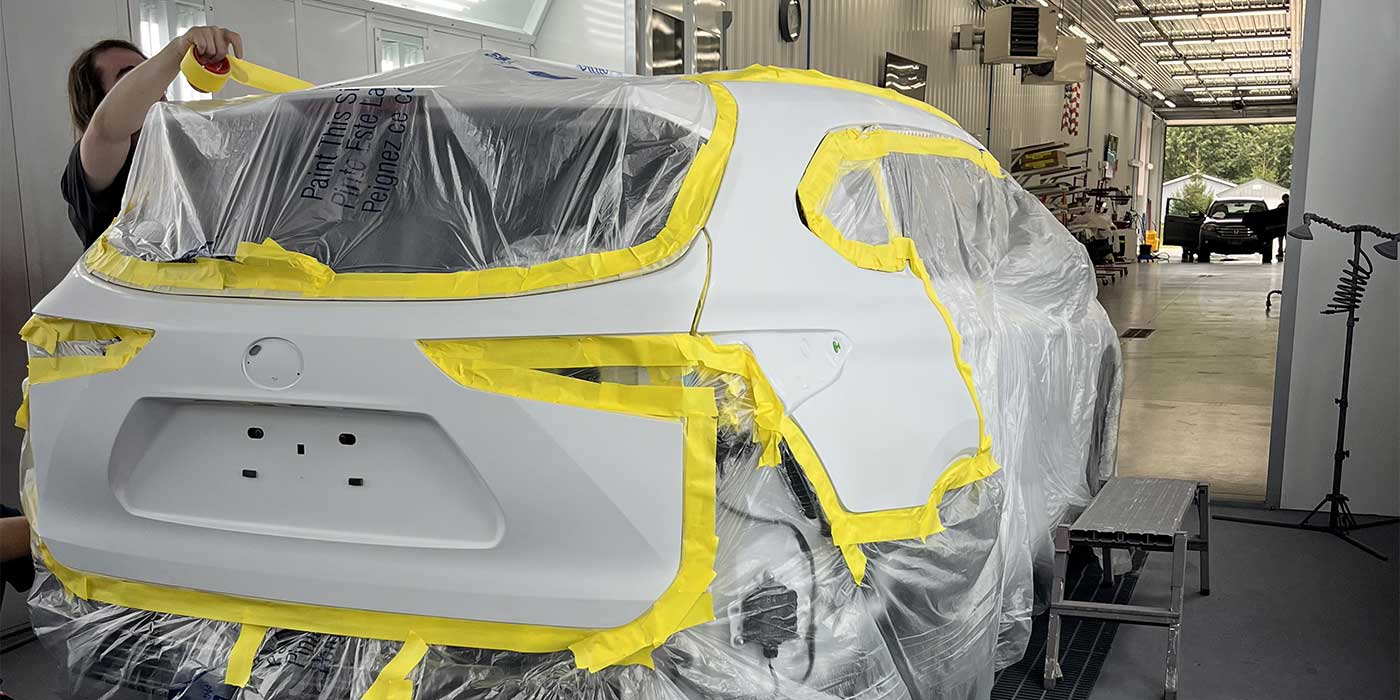My first exposure to aluminum was when I was 8 years old or so. Dad was drinking a Budweiser, and I asked for a sip, which, to my mother’s consternation, he offered. I grimaced from the taste. Then, after he drained it, I tried to crush the can but could only put a small dent in it. Dad, of course, demolished it.
All of this talk today about aluminum in the collision repair industry made me think of that story. But Ford’s F-150 is far from a beer can – it’s military-grade, and will be more powerful and able to stop more quickly. Given that it’s America’s top-selling vehicle, it has got many shops asking if they’re properly trained and equipped to repair aluminum. Most aren’t. Some are panicking, while others still have a casual attitude about it.
“I don’t see any F-150s,” one shop owner told me. “They all go to the local Ford dealer.”
The manager at a multi-shop operation said to me, “We still don’t see enough aluminum vehicles to justify dedicating a space in the shop for it. The ROI just isn’t there.”
But it will be. Word is other OEMs are putting their orders in for aluminum now before they’re shut out. And GM is talking about introducing an aluminum Silverado by 2018.
Aluminum isn’t new to the industry. It has been found in certain body parts in certain makes/models for years. And, of course, the higher end vehicles like Mercedes, Jaguar, Audi, etc. But now it’s going mainstream. Are you ready? It’s not difficult, as the technical experts say. Just different.
Check out our "Equip Yourself" article for the equipment you’ll need to repair aluminum vehicles, or our "Aluminum: Not Difficult, Just Different" article for technical expertise. We’re at a significant time where body shops are being awakened to the importance of following OEM repair recommendations, and consumers are being made aware of the importance of choosing a repair facility capable of fixing their vehicle. It’s time to get on it.

